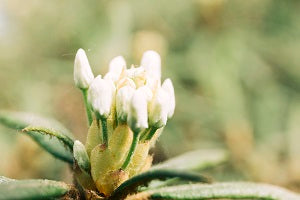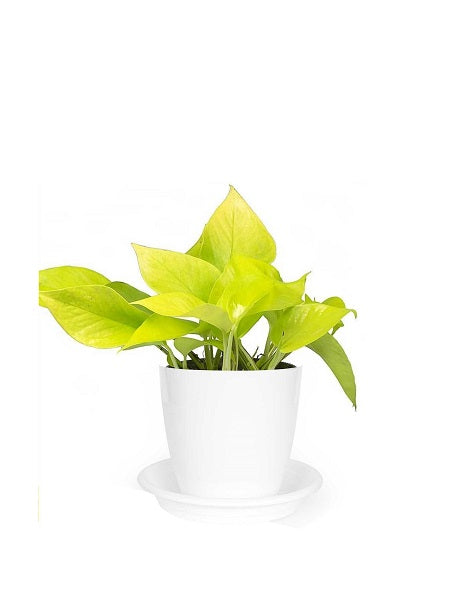As winter sets in, it brings about changes in environmental conditions that can affect plant growth and health. The drop in temperature, reduced sunlight, and dry air can pose challenges to maintaining vibrant and healthy plants during this season. However, with proper care and attention, you can help your plants thrive even in the colder months. Here's a comprehensive guide on how to take care of your plants during winter.
1. **Understanding Plant Needs:**
Different plants have varying requirements. Some might be more sensitive to cold weather, while others are hardier. Identify the types of plants you have and learn about their specific needs during winter. Tropical plants might need more protection compared to those native to cooler climates.
2. **Watering:**
Reduce the frequency of watering as plants generally need less water in winter. Check the soil moisture before watering. Overwatering can lead to root rot due to decreased evaporation in colder temperatures.
3. **Choosing the Right Spot:**
Place potted plants strategically to receive maximum sunlight. The sun's angle changes in winter, so reposition plants if necessary to ensure they get enough sunlight, especially in northern regions where daylight hours are shorter.
4. **Protecting from Cold:**
Consider moving sensitive plants indoors or to more sheltered areas to protect them from frost or extreme cold spells. Covering them with frost cloth or blankets overnight can provide additional insulation.
5. **Mulching:**
Apply a layer of mulch around the base of plants to help retain soil moisture, regulate soil temperature, and protect roots from freezing. Organic mulch like dry leaves, straw, or compost can be beneficial.
6. **Pruning and Maintenance:**
Trim dead or damaged branches to promote healthy growth. However, avoid extensive pruning during winter as it can make plants more susceptible to cold.
7. **Pest and Disease Control:**
Inspect plants regularly for signs of pests or diseases as some are more prevalent in colder temperatures. Neem oil or other natural remedies can be used to control pests without harming the plants.
8. **Indoor Plant Care:**
For indoor plants, ensure adequate humidity by using a humidifier or placing water-filled trays near them. Avoid placing them near heaters or drafty windows.
9. **Fertilization:**
Reduce the frequency of fertilization during winter as plants are in a dormant phase and don't require as many nutrients. Use a balanced, slow-release fertilizer sparingly if needed.
10. **Observation and Adaptation:**
Monitor your plants regularly and adjust care routines accordingly. Be attentive to any signs of stress, such as wilting or yellowing leaves, and take appropriate action promptly.
By following these guidelines and being attentive to your plants' needs, you can help them endure the winter months and emerge healthy and robust as spring arrives. Remember that each plant is unique, so it's essential to tailor your care based on individual requirements. With proper care and attention, your green companions can thrive even in the chilly Indian winters.


